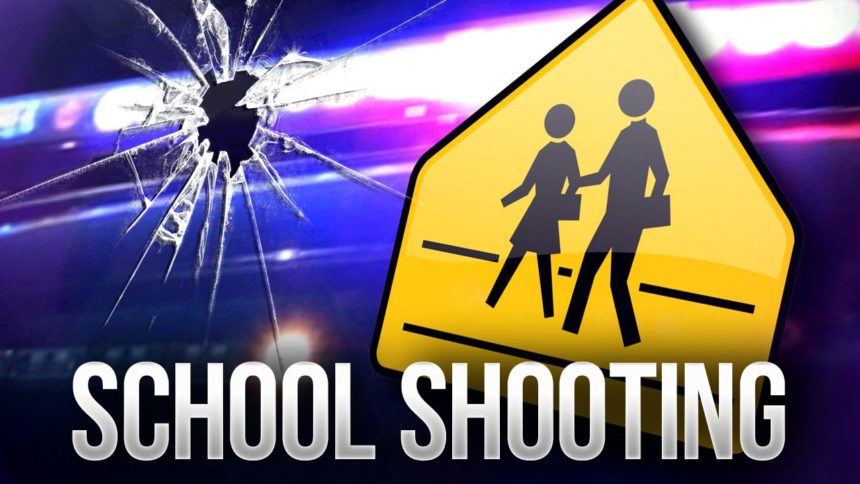Mental health experts advise on how to speak with children about Texas school shooting

SANTA MARIA, Calif. -- Tuesday's deadly school shooting in Uvalde, Texas has stirred a lot of emotions in many people.
It's especially true for children, who have been unlikely to avoid the immense coverage the shooting has drawn across all mediums.
"This absolutely has a ripple effect and because information is so accessible and so prevalent right now, on cable, on social media, on your phone, everybody starts to hear about it and then the questions come," said Michael Kaplan with Transitions-Mental Health Association in San Luis Obispo. "What does this mean? Am I safe? What's going to happen if? Of course there is an impact."
Kaplan is recommending that parents have conservations with their children about school violence and to be mindful these types of events are happening all too often.
"Sadly, you can no longer say this is a very, very rare thing," said Kaplan. "We are not living in a society like that anymore. That's no longer an explanation. It's very important to be honest, but at the same time age-appropriate, and if you feel like you are absolutely flying solo on that one, I would recommend you reach out to some resources and maybe some guidelines."
He pointed out Central Coast Hotline, which is available toll free at (800) 783-0607, is a great resource that is available 24/7.
"Most people think I should only call the Hotline if there is a crisis, if there is suicidal ideation, but that is not the case," said Kaplan. "Our Hotline, which is dedicated to the Central Coast is there to be a resource, to answer questions, to hold conversations. If you are sitting there with an elementary school student and wondering what's the best way to have the conversation, I would recommend you call the Hotline."
Suzanne Grimmesey of Santa Barbara County Behavioral Wellness agreed with Kaplan that kids have undoubtedly already been exposed to the tragic events in Uvalde.
"This goes to all ages of kids," said Grimmesey. "Not just teens or ages that might see things that pop up on their feeds or their Tik Toks, all the way down to preschool aged kids because they're with their parents and hear conversations and there's no way they can't be exposed to seeing TVs that are on, radios that are on, media exposure, so this really touches and will touch all ages from very, very young children to adults."
She stressed that while deadly shootings are happening across the county, that parents should provide a sense of security to their children and let them know their school and home environment remains safe.
"Children are not supposed to die as children and mass shootings at schools are not supposed to happen and they leave children with a very strong sense of lack of safety," said Grimmesey. "Reassuring that children are safe, and as adults in their lives, we're going to take care of them, and so forth, is also very important."
She added parents need to be keenly aware of how their conducting themselves, since kids will likely model their behavior and attitude.
"Children of all ages, especially young children, are going to be watching the adults in their lives for their reactions that help to kind of construct for them how they should be feeling and what they're sense of safety is," said Grimmesey. "That also gives them an opportunity for teaching. It's okay to feel sad, to feel shocked, to feel stressed and to be able to explain what those feelings are to your child. It helps them then to understand what their emotions are and what they're feeling."
Grimmesey also advised parents to be sure to really listen to their kids as they have these important conversations.
"In fact, let the kids start lead by starting with their questions, or asking them what they've heard or let them tell you," said Grimmesey. "That way your conversations can go based on know or have heard, versus, often times happens, what we think they know or what we think they've heard."
She also said it's important to give kids right now extra time and attention, to connect with them as much as possible, as well as find ways for them to be in control and make sure they are keeping their normal routines.
"That gives us of knowing what to expect," said Grimmesey. "It lets our brain not have to work quite so hard, so stick to the normal routines and stay extra connected to kids for all those extra opportunities that might pop up for them to share how they're feeling."
For more information on Santa Barbara County Behavioral Wellness resources, click here.
To learn more about Transitions-Mental Health Association and the services it provides in San Luis Obispo County, click here.
